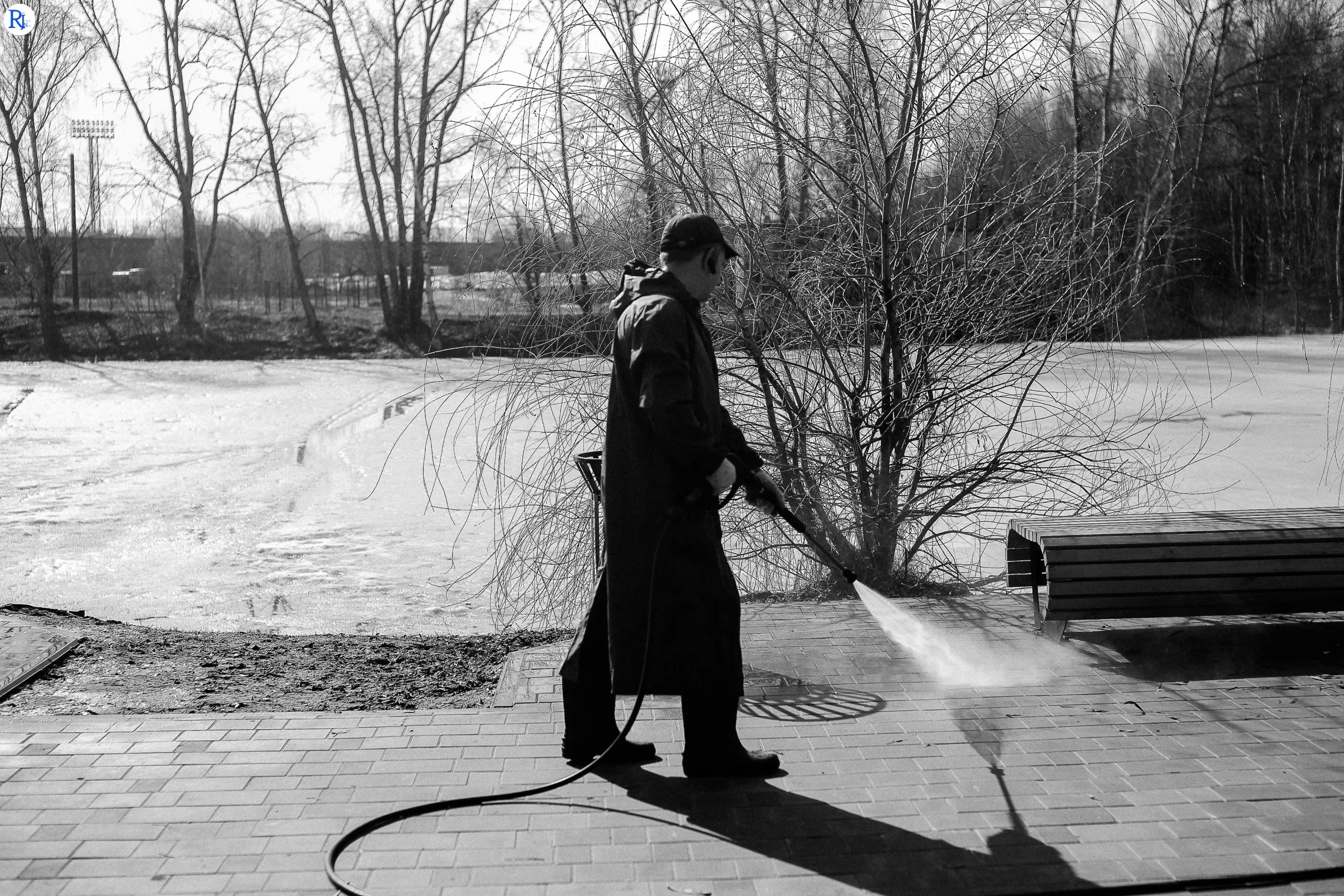Pressure washers have become a staple for homeowners seeking to maintain the exterior of their properties. However, while these powerful tools are effective, they are not suitable for all surfaces. Using a pressure washer incorrectly can lead to significant damage, turning a simple cleaning task into a costly repair. This article explores items that should be kept away from the high-pressure jets of a pressure washer.
Understanding the Pressure Washer’s Power
Pressure washers are designed to blast away dirt and grime with intense force. While this is ideal for concrete driveways or sturdy brick walls, it becomes problematic when used on more delicate surfaces. The pressure generated can strip paint, gouge wood, and even cause structural damage to softer materials. Experts recommend assessing the material’s durability before deciding to use a pressure washer.

The Risks of Pressure Washing Roofing
Roofs are often thought to benefit from a good pressure wash, especially to remove moss or dirt. However, roofing experts advise against this practice. The high pressure can dislodge shingles, leading to leaks and water damage. Instead, they suggest using gentle cleaning solutions and a soft brush to maintain the roof’s integrity. This approach not only preserves the roofing materials but also extends their lifespan.
Why Wooden Surfaces Are Vulnerable
Wooden surfaces, including decks and outdoor furniture, are susceptible to damage from pressure washing. The intense pressure can cause splintering and remove protective coatings, leaving the wood exposed to the elements. Wood care specialists recommend using a low-pressure setting or opting for a garden hose with a spray attachment to clean wood surfaces safely. This method helps maintain the wood’s appearance and durability without causing harm.
Delicate Windows and Pressure Washing Dangers
Windows, especially older ones, should never be subjected to pressure washing. The force can crack glass or damage seals, leading to drafts and increased energy costs. For window cleaning, a simple mixture of soap and water applied with a soft cloth or a squeegee is sufficient. This gentle method ensures windows are clean without risking damage.
Avoiding Electrical Hazards
Using a pressure washer near electrical panels or appliances poses a significant risk. Water and electricity are a dangerous combination, and a pressure washer can easily force water into electrical components, causing short circuits or fires. It is crucial to keep pressure washers away from any electrical installations and to use alternative cleaning methods, such as a damp cloth, for these areas.
The Impact on Painted Surfaces
Painted surfaces, whether on walls or fences, can be stripped or chipped by a pressure washer. This not only affects the aesthetic appeal but can also expose underlying materials to weather damage. Painters recommend using a soft wash approach, which involves cleaning with low-pressure water and specialised detergents. This technique preserves the paint while effectively removing dirt and grime.
Sensitive Garden Features
Garden ornaments, statues, and other delicate features should be cleaned with care. The force of a pressure washer can chip or break these items. Instead, using a soft brush and mild detergent is advisable. This ensures that garden features remain intact and continue to enhance the outdoor environment.
Potential Damage to Vehicles
While it might be tempting to blast away dirt from a car with a pressure washer, automotive experts warn against it. The high pressure can damage paintwork and even dent metal panels. A standard car wash or a professional service is recommended to keep vehicles looking their best without risking damage.
The Final Word on Pressure Washing
Pressure washers are undoubtedly useful tools, but their power must be wielded wisely. Understanding the limitations and risks associated with their use can prevent unnecessary damage and expense. By opting for alternative cleaning methods for sensitive surfaces, homeowners can maintain the beauty and integrity of their properties. As awareness of these issues grows, it is hoped that fewer costly mistakes will be made, preserving both homes and the environment.
In conclusion, while pressure washers are effective for certain tasks, they are not universally suitable. Homeowners should exercise caution and consider alternative cleaning methods for vulnerable surfaces to avoid potential damage.

